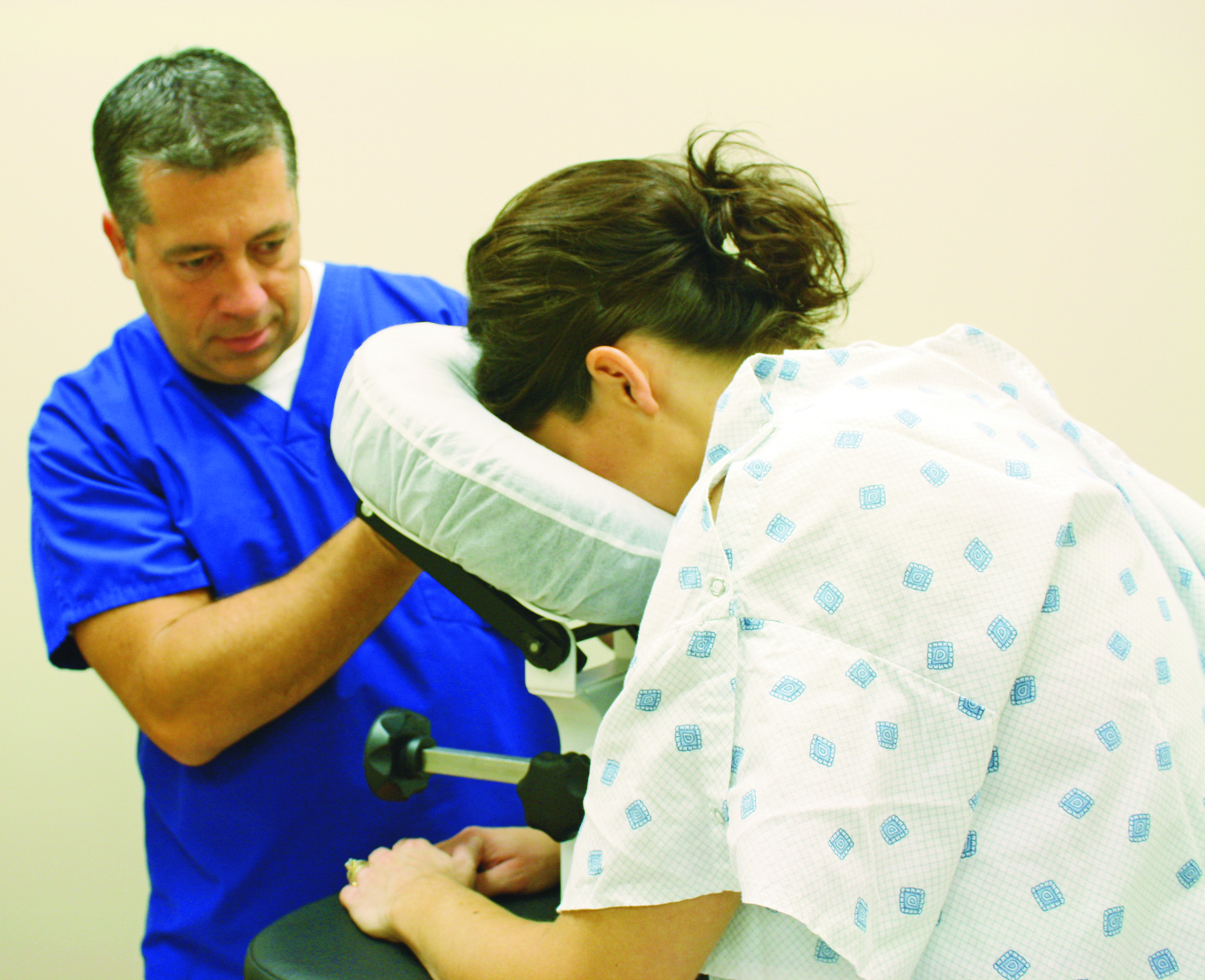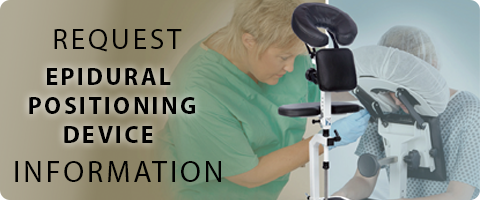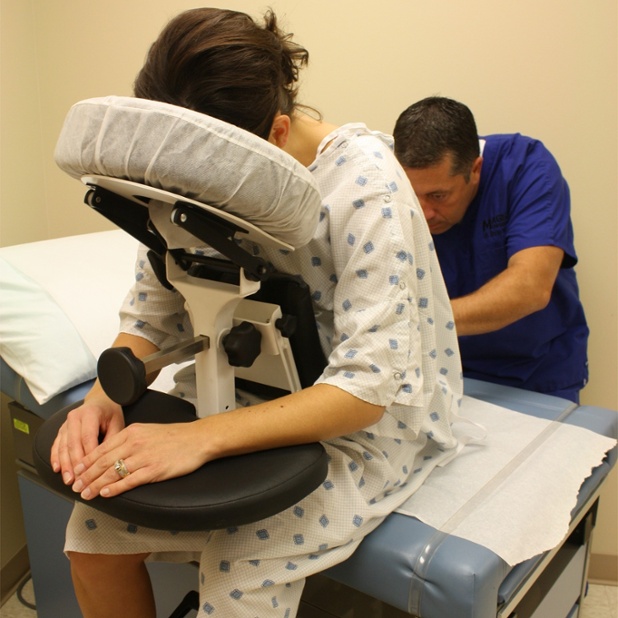Pain control during labor and delivery may lower women’s risk of developing postpartum depression, according to a recent article on Medscape. New research published in the August 2014 issue of Anesthesia & Analgesia examines the relationship between epidural anesthesia and the serious mood disorder.
New research linking epidural anesthesia during childbirth to reduced risk for postpartum depression suggests that pain control during labor and delivery may lower women's risk of developing the serious mood disorder.
To examine the relationship between pain during labor and postpartum depression, Ting Ding, MD, from the Department of Anesthesiology and the Department of Surgical Intensive Care, Peking University First Hospital, Beijing, China, and colleagues enrolled a cohort of women preparing for a vaginal delivery in a prospective, observational study from May 1 to August 10, 2009.
Of the 214 study participants included in the final data analysis, 107 requested and received epidural labor analgesia.
At six weeks postpartum, 14.0% of the women who had opted for epidural anaesthesia during delivery had depressive symptoms compared with 34.6% of the women who did not choose epidural anesthesia, the authors report in an article published in the August issue of Anesthesia & Analgesia.
Although causal connections cannot be drawn from observational studies, the confirmation of a relationship between pain during labor and postpartum depression warrants further investigation, the authors write. The potential link is particularly important in light of the extensive evidence that postpartum depression can have serious adverse effects on new mothers, their infants, and their families.
On the basis of the findings, as well as the significant body of literature linking pain and depression, "Further study with a large sample size is clearly needed to evaluate the impact of epidural analgesia on the occurrence of postpartum depression," the authors conclude.
I n an accompanying editorial, Katherine Wisner, MD, from the Asher Center for the Study and Treatment of Depressive Disorders, Department of Psychiatry, Northwestern University, Chicago, Illinois, and colleagues note that the study is one of the few that examines the relationship between pain during labor and postpartum depression.
n an accompanying editorial, Katherine Wisner, MD, from the Asher Center for the Study and Treatment of Depressive Disorders, Department of Psychiatry, Northwestern University, Chicago, Illinois, and colleagues note that the study is one of the few that examines the relationship between pain during labor and postpartum depression.
"It's a huge omission that there has been almost nothing in postpartum depression research about pain during labor and delivery and postpartum depression," Dr. Wisner notes in a news release. "Pain control gets the mother off to a good beginning rather than starting off defeated and exhausted," she continued.
"Whether it's vaginal or cesarean section delivery, pain control postpartum is an issue for all new mothers. There is no way to have a delivery without pain. The objective here is to avoid severe pain. Controlling that delivery pain so a woman can comfortably develop as a mother is something that makes a lot of sense," she adds.
"These findings are quite exciting and further research should be done to confirm them, especially in women at increased risk of postpartum depression and in women from other cultures," Dr. Wisner concludes.
This study was supported by a fund for scientific research from Peking University First Hospital. One editorialist is supported in part by the Eunice Kennedy Shriver National Institute of Child Health and Human Development. The authors and editorialists have disclosed no other relevant financial relationships.
Anesth Analg. 2014;119:219-221, 383-392. Article full text, Editorial full text



